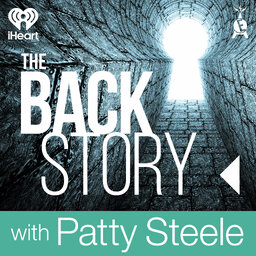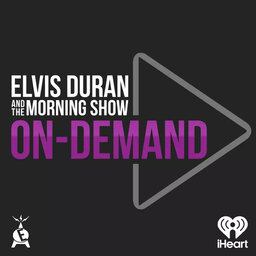The Backstory: Making a statement with A Christmas Carol
Was Charles Dickens' "A Christmas Carol" inspired by political outrage? That’s the story and it makes sense when you hear what he went through and what he was seeing in London back in 1843.
In 2 playlist(s)
The Backstory with Patty Steele
Love a good, juicy story that goes beyond what we already know? We're talking scandalous presidentia…Social links
Follow podcast
Recent clips
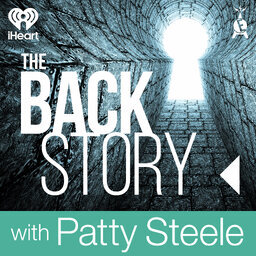
The Backstory: Neil Young: Godfather of Grunge. Rock Star Dad. Heart of Gold
09:23
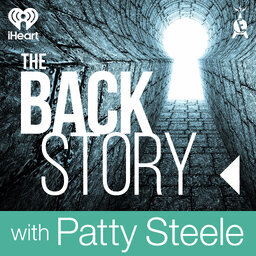
The Backstory: Blizzards, Survival, and Cannibalism
10:56
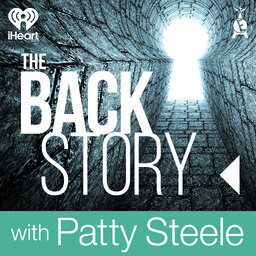
The Backstory: The Sex Scandal That Foreshadowed the Epstein Case
07:06
 The Backstory with Patty Steele
The Backstory with Patty Steele